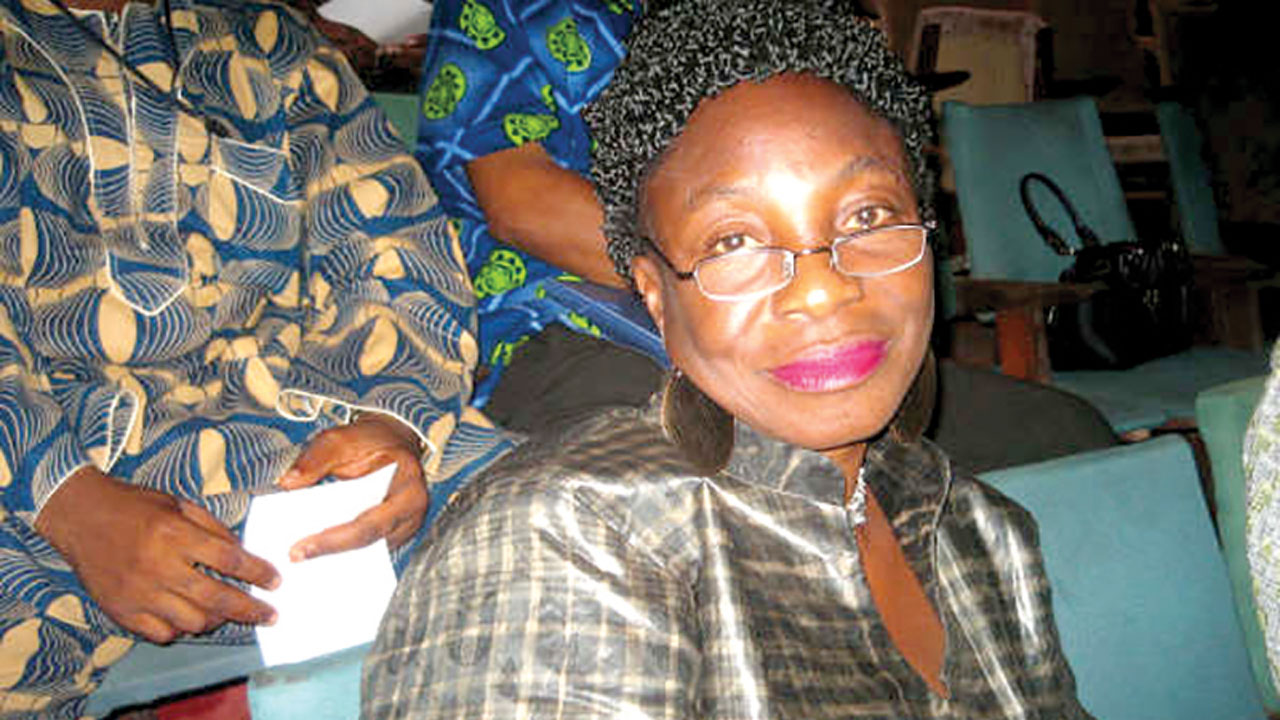What is Nigerian theatre best known for? Stories that connect with the soul!
Nigerian theatre has always carried the weight of history, storytelling, and social change. For decades, the stage was dominated by men, their plays more widely recognized and celebrated. But the script is changing. Today, female Nigerian playwrights are redefining the stage, crafting stories that are bold, layered, and unapologetically their own.
Pioneering Nigerian Female Playwrights
One of the earliest names in this movement is the late Stella Oyedepo, often referred to as the “Mother of Nigerian Drama.” With over 300 plays to her credit, she used theatre to spotlight corruption, gender inequality, and cultural identity. Her prolific work made space for the women who followed.
Stella Oyedepo — Photo: Guardian.
Another pioneer is Zulu Sofola, the first published female Nigerian playwright. Sofola’s plays blended folklore, tradition, and sharp critiques of patriarchy, showing that Nigerian theatre could stay rooted in culture while speaking to global audiences.
Contemporary Female Playwrights in Nigeria
Today, voices like Sefi Atta keep the momentum alive. While widely known for her fiction, her plays explore identity, migration, and the complexities of modern Nigerian life. Julie Okoh and Tracie Chima Utoh confront issues of gender, politics, and justice, continuing the tradition of using theatre as a mirror to society.
The late Catherine Acholonu brought feminist thought directly into Nigerian drama and scholarship, pushing boundaries of how women’s experiences were represented. Similarly, Chinyere Okafor combines research and playwriting, creating works that are both intellectually rigorous and emotionally compelling.
And then there’s Ifeoma Fafunwa, whose globally acclaimed play Hear Word! amplifies the voices of Nigerian women. Through performance, she brings lived experiences of resilience, silence, and resistance into public conversation.
Ifeoma Fafunwa directing ‘Hear Word!’ — amplifying women’s stories on stage. Photo: The Harvard Crimson.
Platforms Nurturing Women in Nigerian Theatre
Beyond the writers themselves, platforms like Terra Kulture play a crucial role in amplifying women’s voices. While Bolanle Austen-Peters is more recognized as a producer and director than a playwright, her work has created stages where female Nigerian writers can thrive and be celebrated.
Terra Kulture — a platform that amplifies women’s playwriting and performance. Photo: Terra Kulture.
The Future of Women in Nigerian Theatre
What unites all these women, past and present, is fearlessness. They are telling stories that matter, stories that cut deep, stories that make us pause; that connect us. In their hands, Nigerian theatre is not just entertainment; it is protest, healing, and a mirror held up to society.
Our female playwrights are not just changing Nigerian theatre. They are rewriting its DNA.
Which Nigerian female playwright inspires you the most — and why? Share in the comments.
































